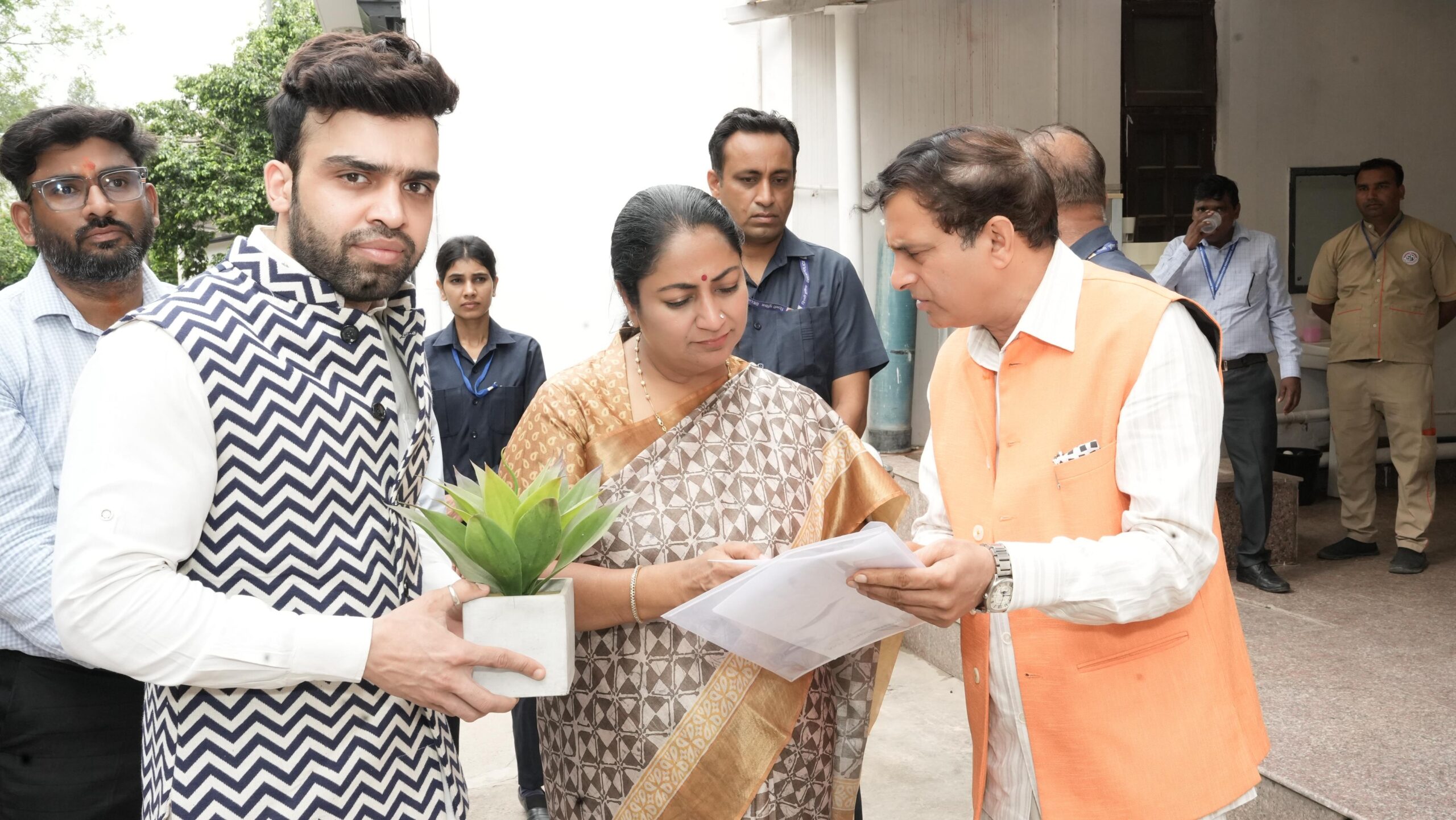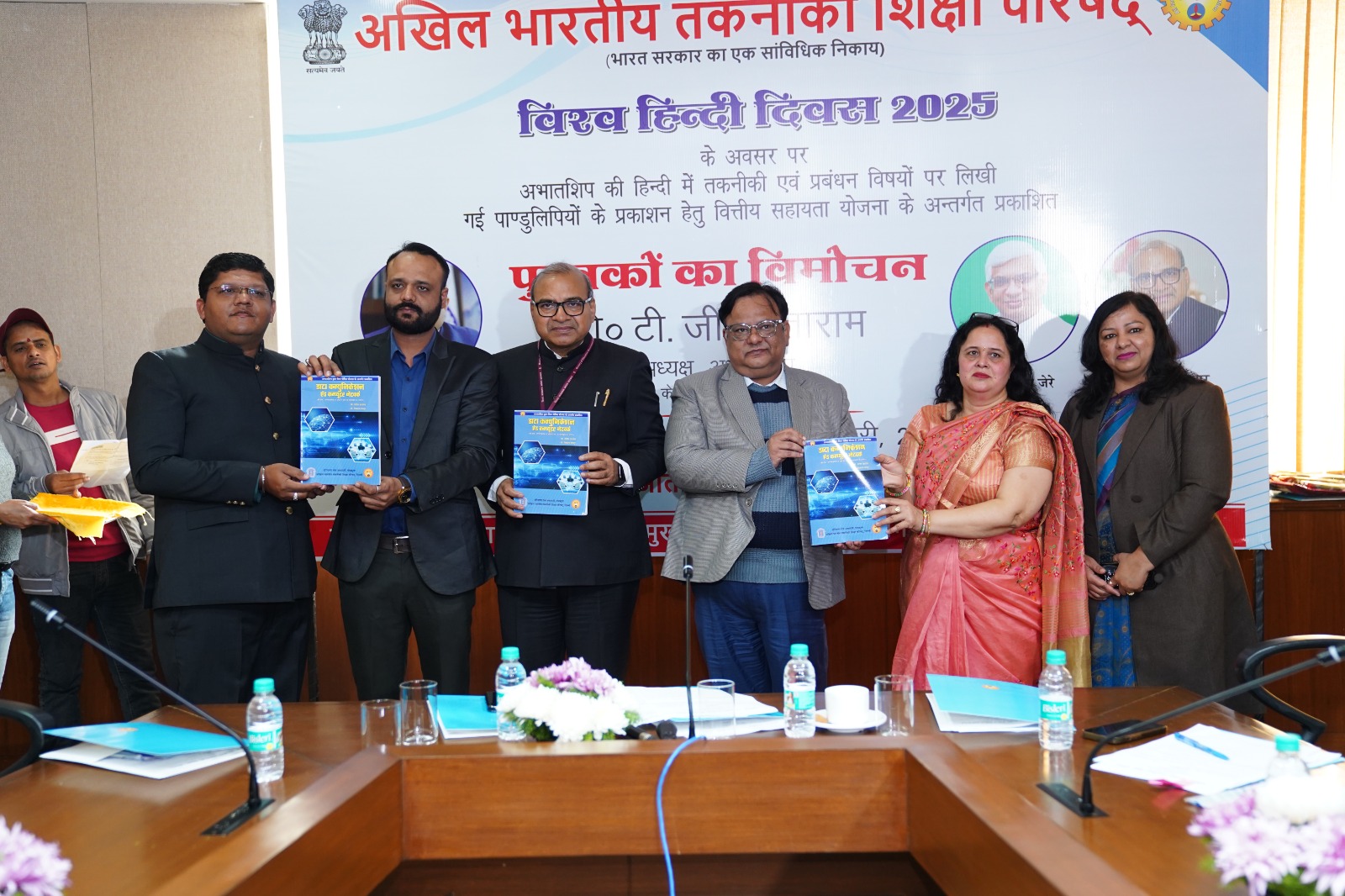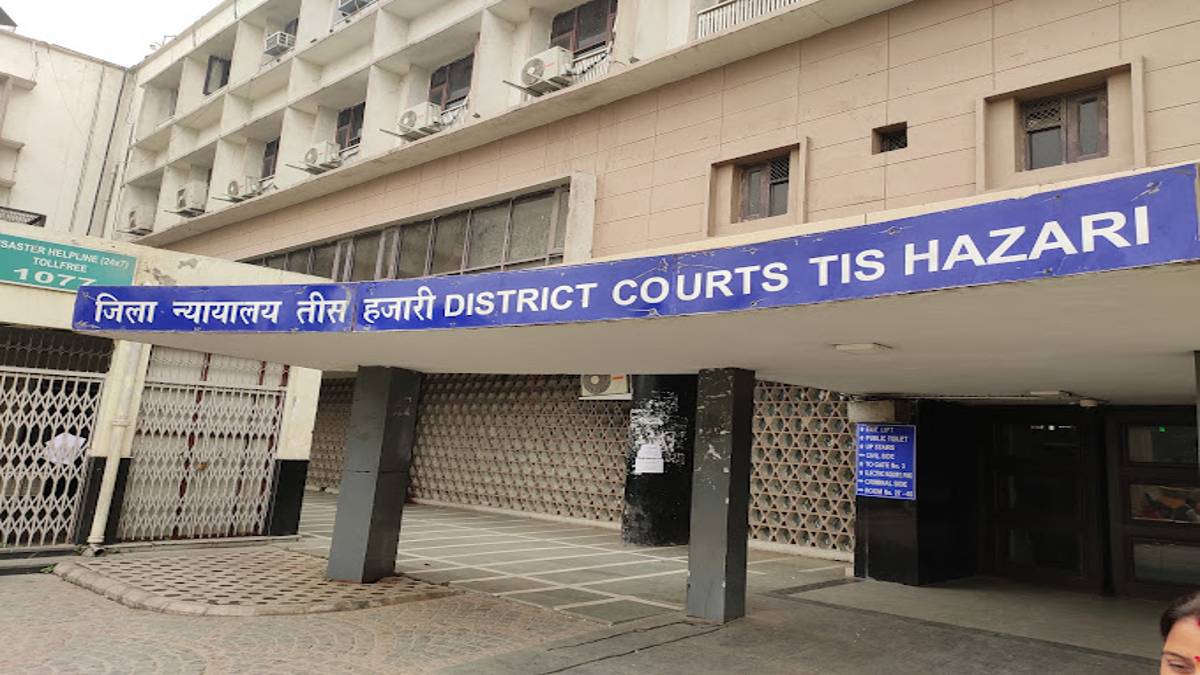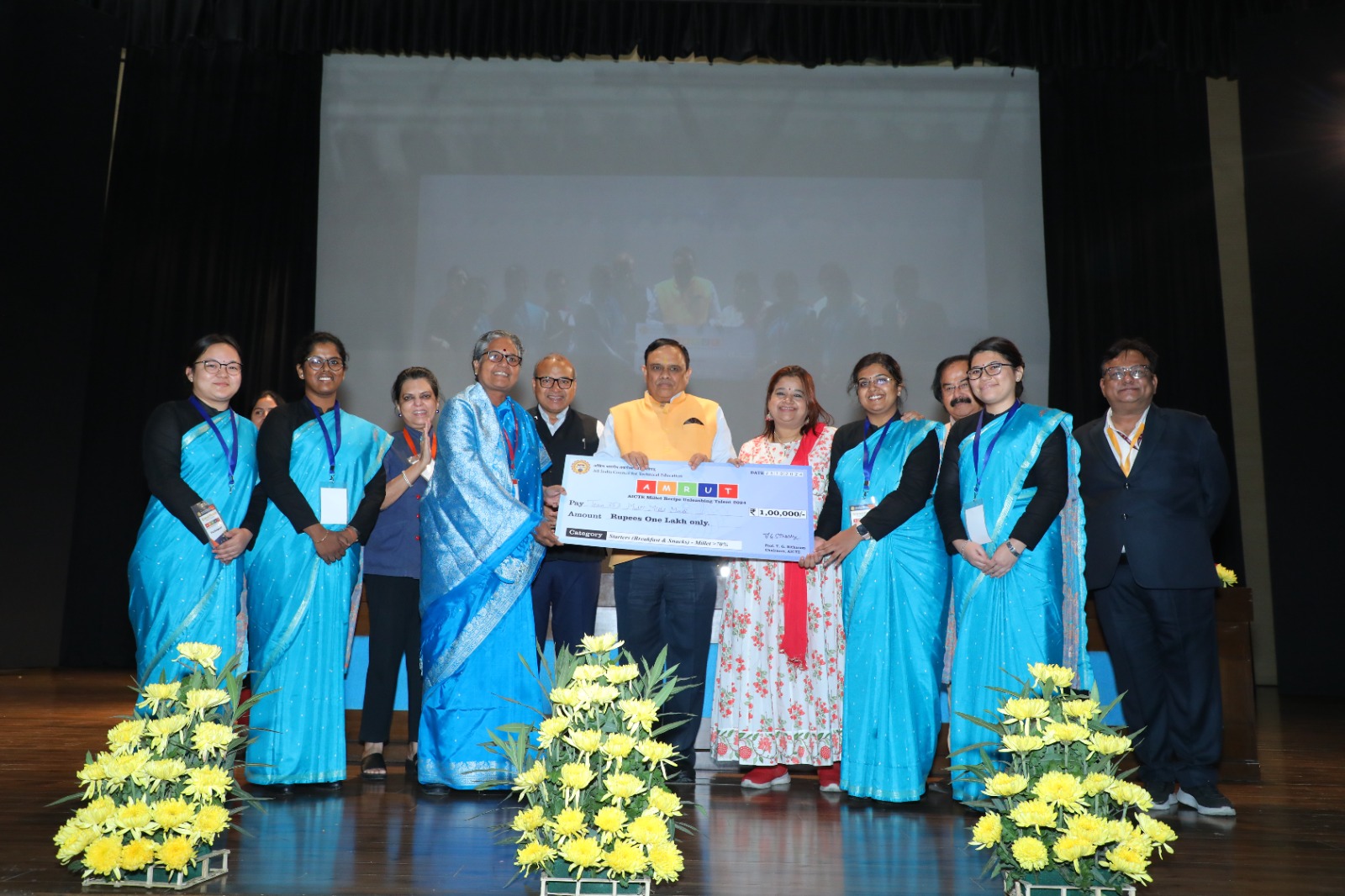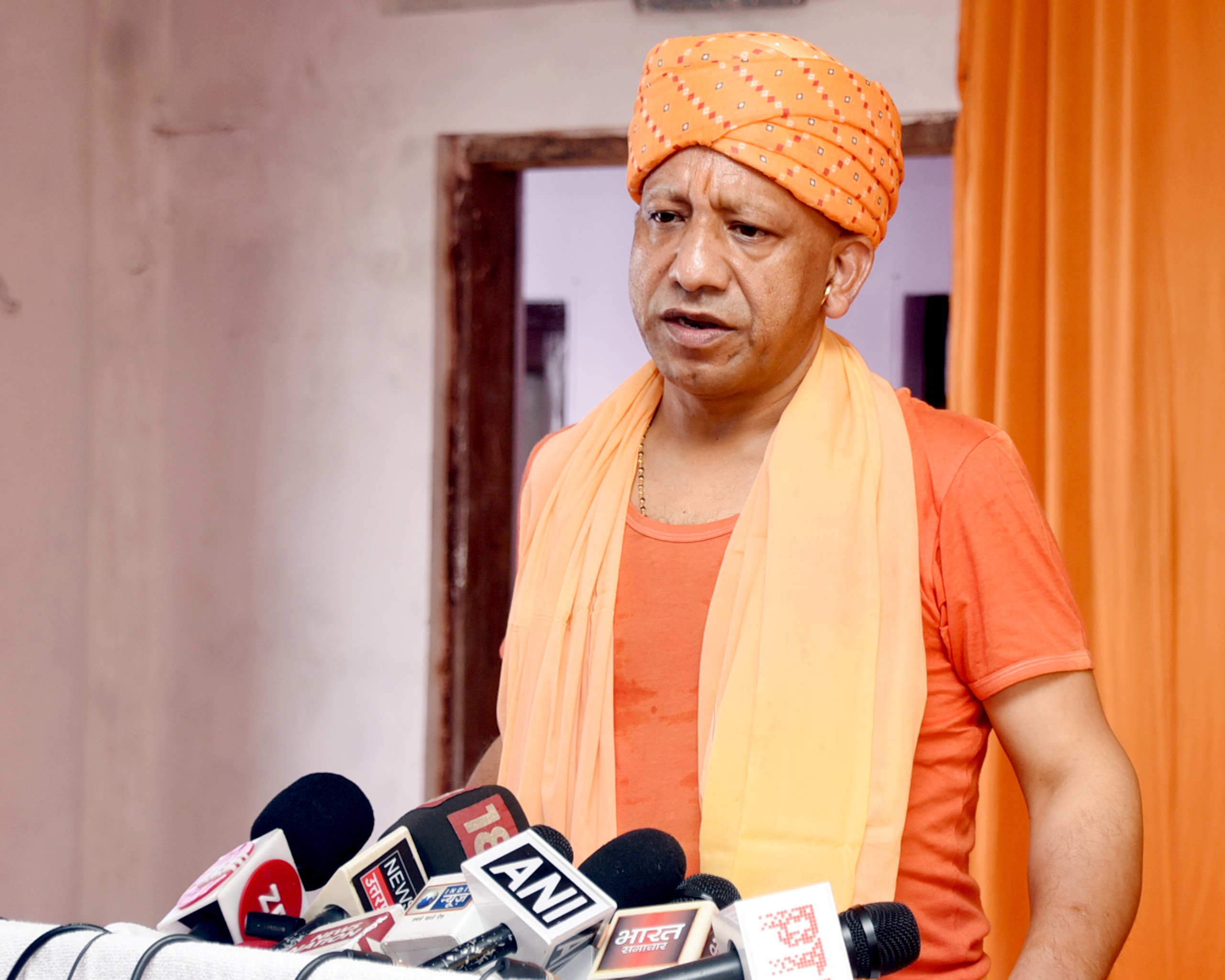
The JNUTF welcomes the National Education Policy (NEP) 2020. The JNUTF congratulates all the stakeholders for their noble efforts and painstaking work to frame the education policy for India after a gap of three decades.
In the 21st century, there is a generational urge to take India forward on the path of becoming a knowledge superpower. At the same time, rediscovery of the ancient glory of Indian education system, is not only a need of the hour for modern India, but also could be a ray of hope for the human society. In the modern human society, education has become a critical resource to run the world economy. However, it would be perilous to believe that education has only economic purposes to serve. If knowledge is power, then educational policy pervades every other national policy and penetrates in to all the domains and dimensions of social life. The renaming of the Human Resource Ministry to Education Ministry has symbolically reiterated this essential multifaceted nature of educational system.
The last National Education Policy was framed in 1986 and modified in 1992. The modes of knowledge creation are moving, the means of knowledge dissemination are undergoing drastic transformation, the demands of knowledge seekers are in dynamic movement, therefore the measures adopted to regulate and facilitate the structures and processes of national education must also undergo a change. The government has aptly identified that ‘Quality, innovation and research will be the pillars on which India will become a knowledge super power’. In these circumstances, there were long standing demands of the various stakeholders in the education system of India. Therefore, the NEP appears to be a step forward to meet the needs of the present and propose a vision for the future by transforming the structures and processes and redefining the goals and objectives.
The NEP is an outcome of one of the world’s most extensive democratic consultation process for any education policy. This consultation process was well-structured, based on globally accepted norms, and followed the principles of decentralized decision making procedures. The policy is an end result of detailed deliberations and discussions amongst all the stakeholders over a long period of time. The Committee for preparation of the draft National Education Policy submitted its report to the Ministry on 31.05.2019. The discussions about the NEP had a wider participation, and even common people have participated in this process. Incidentally, there were more than two lakhs suggestions received by the ministry.
The JNUTF congratulates all the stakeholders of the education system and the citizens of India at this historic moment in our nation’s history. We sincerely hope that the NEP will be able to fulfill the goals of ‘access, affordability, equity, quality and accountability’.
